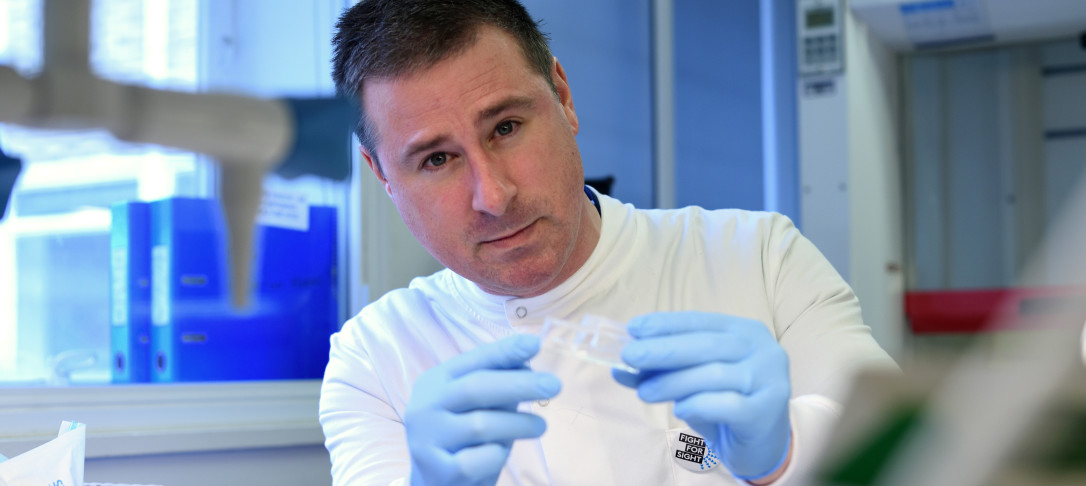
• Chair: Professor Peter Weinberg, Professor in Cardiovascular Mechanics, Department of Bioengineering at Imperial College London
• Vote of thanks: Professor Ross Ethier, Lawrence L. Gellerstedt, Jr. Chair in Bioengineering and Georgia Research Alliance Eminent Scholar at the Wallace H. Coulter Department of Biomedical Engineering at Georgia Tech.
Abstract:
Mechanobiology is a fascinating field that investigates how mechanical forces shape the form and function of living systems. In the eye, visual acuity depends on refractive shape, which is partly maintained by intraocular pressure. Too low of a pressure compromises vision, while too high of a pressure damages the delicate neural tissues that convey visual information to the brain. But the factors controlling eye pressure remain elusive, as have the factors causing dysregulation of eye pressure in glaucoma, the most common cause of irreversible blindness that affects 60 million people worldwide.
In his inaugural lecture, Professor Overby will discuss how bioengineering tools and approaches have been instrumental to discover the mechanisms of pressure regulation in the eye. These mechanisms depend on the drainage of aqueous humour, as it flows through an exquisite drainage tissue that regulates its own resistance in response to pressure elevations. The cells that regulate aqueous humour drainage experience extreme biomechanical deformation, morphing into dome-shaped cellular outpouchings that trigger the opening of micron-sized flow pathways or pores across an otherwise continuous cellular barrier. Disturbed pore formation leads to impaired drainage and elevated eye pressure in glaucoma, and ongoing efforts to target pore formation promise new hope to keep blindness at bay for millions of glaucoma sufferers.
The lecture will follow a historical narrative, trailing Professor Overby’s interactions across multiple continents and institutions. The lecture will highlight the most important component of science; the students, colleagues, mentors, and partners who through their inspiration and guidance allow it all to come together.
Biography:
 Darryl Overby earned his PhD in Mechanical Engineering in 2002 from the Massachusetts Institute of Technology under the supervision of Dr. Mark Johnson and Professor Roger Kamm for research on the mechanism of intraocular pressure regulation in relation to glaucoma.
Darryl Overby earned his PhD in Mechanical Engineering in 2002 from the Massachusetts Institute of Technology under the supervision of Dr. Mark Johnson and Professor Roger Kamm for research on the mechanism of intraocular pressure regulation in relation to glaucoma.
He spent three years as a post-doctoral research fellow at Harvard Medical School and Children’s Hospital Boston working under Professor Donald Ingber in the area of cellular biomechanics and mechanotransduction in relation to vascular biology.
Between October 2004 and June 2008, he served as Assistant Professor in the Department of Biomedical Engineering at Tulane University. He joined the academic staff at Imperial in July 2008 and was promoted to the role of Professor in 2019.